Contrary to common belief, not all startups begin in a Silicon Valley garage with an “aha” moment.
Take FullStory for example.
Scott Voigt co-founded FullStory in Atlanta, GA and he also serves as the company’s CEO. FullStory is a tool that records and reproduces user experiences online so organizations can support customers, boost conversions, and debug faster.
But Scott’s journey didn’t begin at FullStory. Before taking the leap into this venture, he attended The Wharton School of the University of Pennsylvania for an MBA, worked in the corporate world, and founded a couple of other companies. It’s safe to say, Scott’s learned a thing or two about how to navigate the startup scene.
In our interview, Scott candidly talks about how he runs FullStory, why customer experience is everything in today’s world, the challenges he’s faced, and advice for entrepreneurs.
Scott, what influenced you to take an entrepreneurial path?
When I was in college I worked at a big consulting firm and got a sense for what consulting life was like. As I was graduating in 1997, there was this new thing, “The World Wide Web” making waves, so I went to work with some fraternity brothers for a 10-person startup and it was building internet banking solutions for the web. We grew that company from 10 to a few hundred and took it public in 1999. There was something so exciting about building a brand new product, watching a new industry be born, and experiencing the rapid growth of a company that got me hooked.
Fast forward to FullStory. How did you come up with this amazing idea for your company?
You know in the movies there’s always that “aha moment.” The reality with FullStory was nothing like that.
To take a half a step back, in 2005, I was working at a three-man company with the most brilliant guys you could imagine, Bruce and Joel, who are my partners today. But we were part of a little three-man company that got acquired by Google and became the foundation for the Google engineering office in Atlanta. I loved working with Bruce and Joel – it was super fun – they’re great guys.
Years down the road they were still at Google and I had gone on to do some other stuff, and we really just wanted to get the band back together. They quit their jobs at Google – I quit where I was. We didn’t quit because of a product we wanted to go build – it was more that we just wanted to start our own company together.
We actually launched a product called Homebase and we were trying to understand how our own customers were using that product that we had built. We found that the other tools available on the market at the time, such as Google Analytics, gave us such a narrow view over the data and left us wanting more.
The idea of FullStory was us asking, “How can we understand our own customers better on that first product.” And at the same time, that first product wasn’t really lighting the world on fire, so we were thinking, “what else could we build that would be a more interesting company?” So the intersection of those two things led to the idea of FullStory.
I’ll caveat one additional thing, which is that one of the core premises of FullStory (and something we don’t market a lot) it really is like Google for business in that we index everything. Every single user event for a user is searchable. And we try to make that easy to find and easy to understand – the same way Google does for consumers. We were leaning on some of that experience from Google to say, “Man, those guys were so ambitious in indexing the entire internet – couldn’t we try to do that for our own customers?”
How important do you think user experience is to a product?
I think it’s the MOST important thing over time. Because consumers and product users are the ones who are making the decisions on the product. If you don’t give them a great experience, they’re going to talk to each other and say, “I tried to buy something from this company and it was a horrible experience” or “I tried to use this product and it was a horrible experience.” No amount of good marketing is going to help you with a bad customer experience because the truth will get out.
Do you think it’s possible to create a “perfect” customer experience with FullStory?
One of our key phrases here for a while was, “To deliver a more perfect customer experience.” Sort of like “a more perfect union.” I believe that perfection is a moving target. When the first iPhone was shipped, that first version of the iPhone felt like you were holding the future in your hand and it was hard to imagine something better than that.
What is perfect now may change, so you always have to be on the forefront of perfection. I think you can achieve perfection with one individual but the long tail of making sure that everybody, at least on the web, is having a consistent customer experience is really hard. Because you might optimize your site or one browser at one resolution or one mobile device, but the long tail of people who have different connections or different versions of the operating system, can lead to bad experiences.
In addition to using your own product, how does FullStory research its users?
We use our own product!
That’s it?!
Nahhhh. Well, we go through traditional product management practices like other companies do. If we have an idea, we will research the idea, we’ll talk to some people, we’ll get a sense for what will be interesting and not.
If we launch a feature, we’ll use FullStory to understand the interaction with that feature, make small iterations, and watch the interactions with those features. We don’t do much in the way of what I call, “traditional user testing.” I think there are some inherent biases when people are being interviewed – they answer in a certain way – with usually what they think the interviewer will want to hear.
Why do you think every business can benefit from FullStory?
Well, I’ll be honest, I don’t know about every business. But every business that cares about their customer experience digitally can absolutely benefit from FullStory. It goes back to our core premise that you should be able to capture all of the data and empower everyone with a stake in customer experience – whether that’s support for engineering, product management, marketing, or sales. All of these people have a stake in making the customer experience really good, and many just haven’t had the right set of tools to give them the superpowers needed to help their customers.
Believe it or not, there are a lot of people who aren’t data scientists in this world. It seems that most companies let customer experience fall back to the analysts and the data scientists. And that’s why making the data easy for people to access and understand through the playback is something that will benefit every company that wants to perfect their user experience. understand things.
How has a strong company culture contributed to FullStory’s success?
At FullStory, we’re just very honest with each other, we’re open with information, you’re not trying to spin things all the time. And that’s been pretty helpful for company culture. This probably sounds cheesy, but we like things to feel very organic. So a lot of companies confuse culture with office environments and foosball tables and things like that. We want people to feel empowered to do the things that make the company feel like it’s their company.
As an example, we’ve got a guy that thought it would be fun for people interested in working out to do pushups on Mondays, Wednesdays, and Fridays. And so he offers a “pushups session.” The adoption of pushups in the company has been crazy and it’s not “bro-y,” it’s more like this fun and funny thing that happened organically.
What do you think the biggest challenge is that you’ve had with FullStory?
I’ve been at companies in the past where you’re always straining to think about, “What could we build to expand our market?” You’re always trying to innovate. FullStory has the opposite problem right now.
We’ve created this platform that absorbs data and empowers multiple people within an organization and we’re really trying to be smart about who within the company we serve and how we serve them. The problem is what shouldn’t we build as opposed to what should we build.
And hiring great engineers is always tricky, especially when you’re in Atlanta in a relatively limited population of engineers.
If you could give all entrepreneurs out there one piece of advice, what would it be?
To listen to the voice inside your head.
That sounds crazy I know. Things are very stressful early on when you’re trying to find the product-market fit and trying to make sure that the money is going to be there and all that stressful stuff.
Somebody turned me on to the Headspace app. So I started just taking 20 minutes a day and meditating, and part of meditation is learning to listen to your own thoughts. If you can really get good at listening to yourself, that will help point you in the right direction. It will also keep you from fooling yourself into rationalizing bad decisions.
Is this something that you do to be your most productive self?
Lately, I have been trying to, “de-window.”
Between Slack, email, text messages, and phone calls, it’s hard to get into a good rhythm of work. So turning off all of the windows, turning off Slack, turning off email, locking yourself into a room for two to three hours and blocking time with no meetings, is really helpful to make sure that you can find time to make progress.
What do you like to do for fun outside of work?
I think that lacrosse is objectively the best sport in the world. I found it very late in life. I have two kids that play a lot of lacrosse and as soon as we hang up I’m going to head to Chattanooga, TN to watch my daughter play in a lacrosse tournament.
Somebody in the office heard me talking about my kids playing lacrosse and they convinced me to join an old man’s lacrosse league. I picked up the sport about three years ago and I will go and play in a lacrosse game on Sunday night with a bunch of other old guys. It’s hysterical to watch, but still fun to play.
When it’s all over, how do you want to be remembered?
With hair.
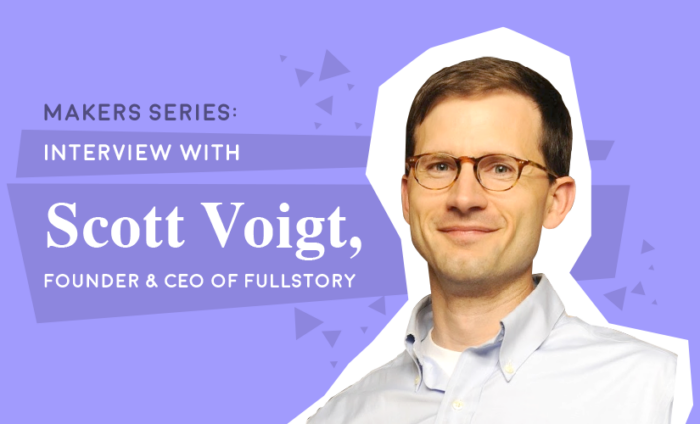

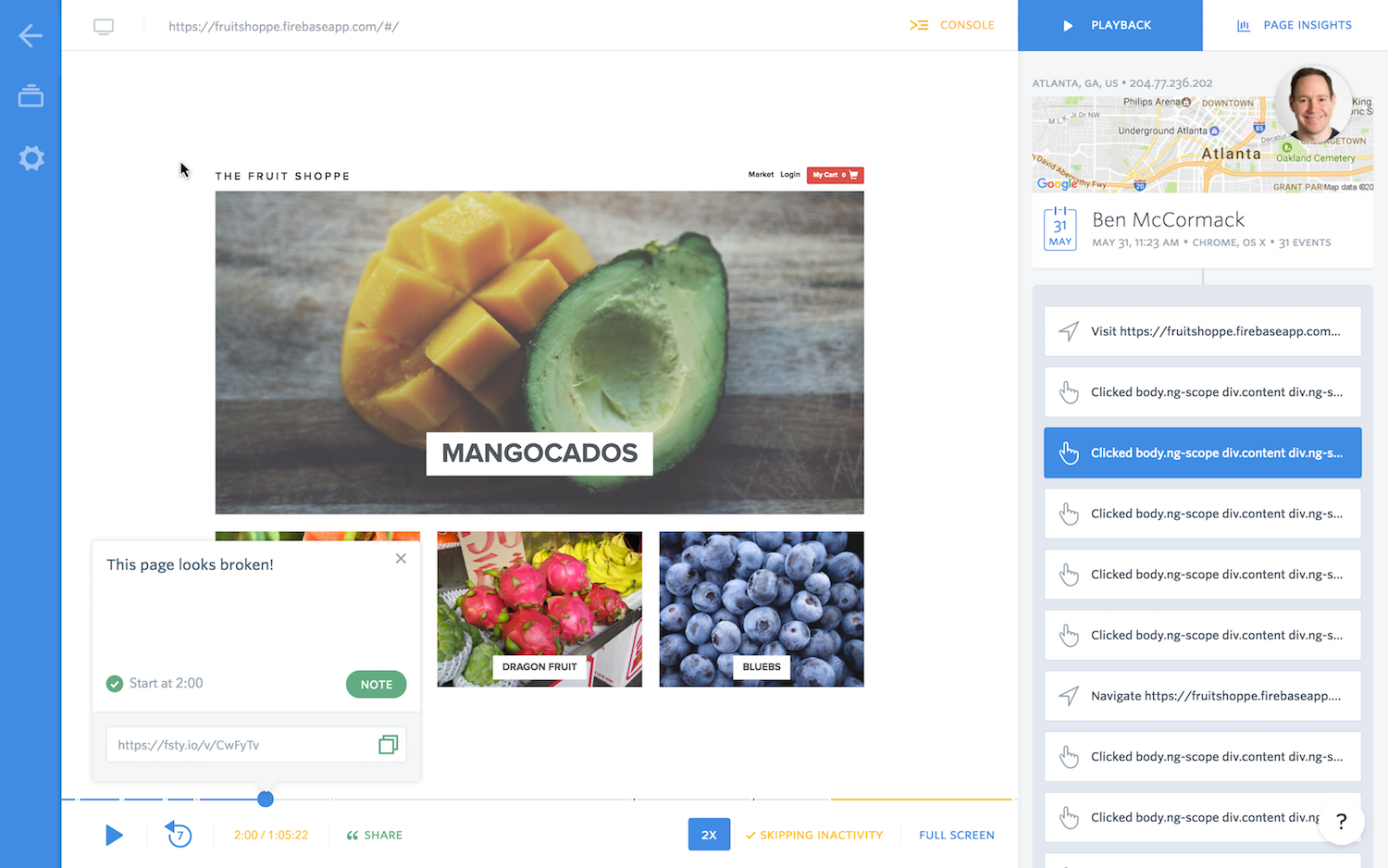
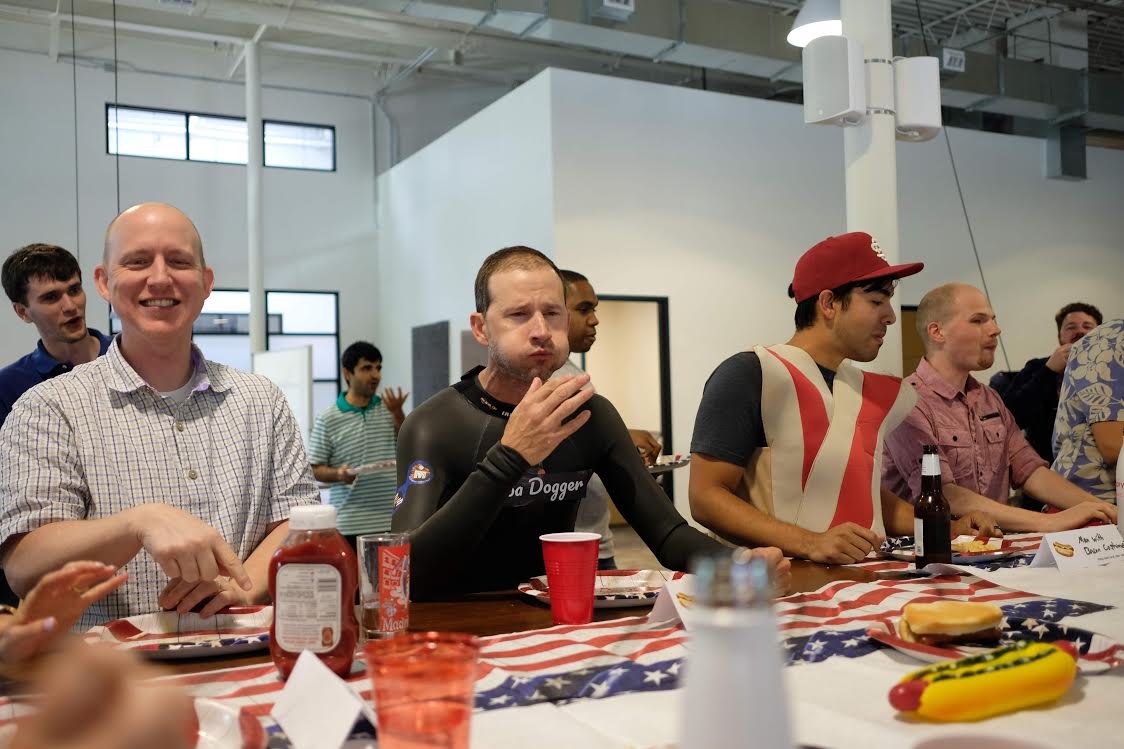
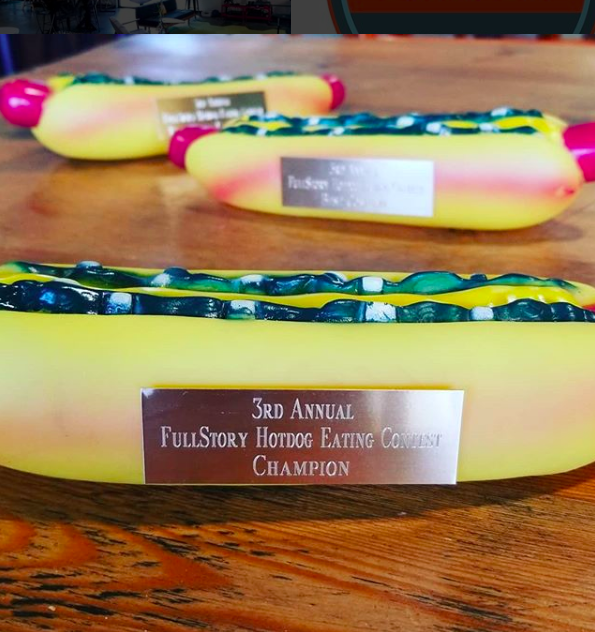






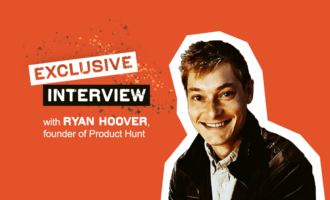





Send Comment: